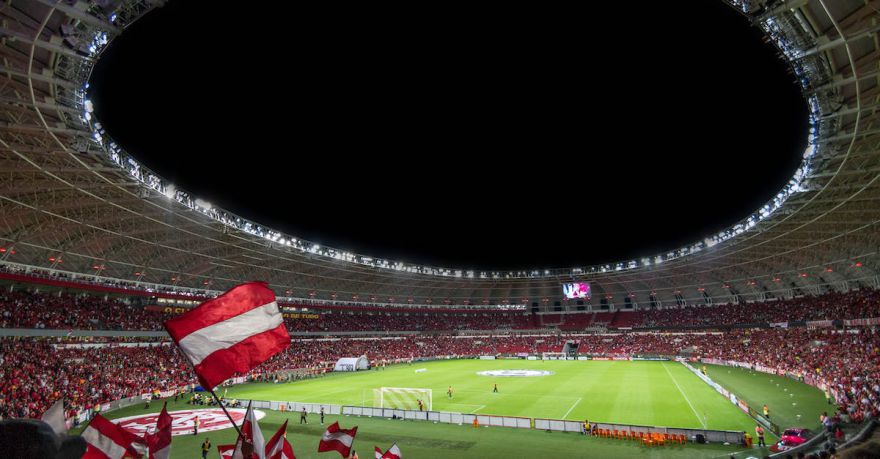Soccer, also known as football in many parts of the world, is a sport that has captured the hearts of millions. It is a game that brings people together, ignites passion, and showcases the skills of players from all walks of life. But have you ever wondered about the origins of soccer? How did this beloved sport come into existence and evolve over time? Let’s delve into the rich history of soccer and uncover its fascinating beginnings.
Ancient Roots: The Birth of the Beautiful Game
The origins of soccer can be traced back to ancient times, with variations of the game being played by different civilizations across the globe. One of the earliest known forms of the game was played in China during the Han Dynasty, around the 2nd and 3rd centuries BC. This early version of soccer, called “cuju,” involved players kicking a leather ball into a net. It was not just a recreational activity but also a military exercise to improve footwork and coordination.
Another ancient civilization that played a similar game was the Mayans in Mesoamerica. Known as “pitz,” this sport involved using a rubber ball and was played in large stone ball courts. The objective was to get the ball through a stone ring without using hands or feet, showcasing the importance of skill and strategy.
Medieval Times: From Mob Football to Organized Matches
During the Middle Ages, soccer took on different forms across Europe. One popular version was “mob football,” a chaotic game played between rival villages or towns. There were no fixed rules, and the number of players could range from a few dozen to hundreds. The objective was simple: get the ball to a specific location and claim victory for your side. Mob football often turned into a violent spectacle, with players and spectators getting involved in intense clashes.
As the game evolved, the need for organization became apparent. In the 19th century, various schools and universities in England began to establish standardized rules for soccer. One crucial moment in the history of soccer was the formation of the Football Association (FA) in 1863. The FA laid down the foundation for modern soccer by introducing rules such as the use of a round ball and prohibiting the use of hands, except for the goalkeeper.
The Birth of International Soccer: The Rise of FIFA
With the establishment of organized soccer in England, the game began to spread across the globe. In the late 19th and early 20th centuries, soccer clubs and national associations were formed in different countries, leading to the need for international competitions. This marked the birth of international soccer.
In 1904, the Fédération Internationale de Football Association (FIFA) was founded in Paris, becoming the governing body for the sport. FIFA standardized rules, organized international matches, and introduced the FIFA World Cup, the pinnacle of soccer tournaments, which first took place in 1930.
Soccer as a Global Phenomenon: From Local Fields to Worldwide Passion
In the 20th century, soccer continued to grow in popularity, becoming a global phenomenon. The sport became deeply ingrained in the culture of many nations, uniting people from different backgrounds. The passion for soccer transcended borders, with fans filling stadiums to support their favorite teams and players.
The introduction of television and the internet further fueled the popularity of soccer, allowing fans from all over the world to watch matches and connect with fellow enthusiasts. Major leagues such as the English Premier League, La Liga, and the Bundesliga attracted millions of viewers, making soccer one of the most-watched sports globally.
Conclusion: A Legacy That Continues to Thrive
The origins of soccer may have humble beginnings, but the sport has come a long way. From ancient civilizations to medieval chaos and organized matches, soccer has evolved into a worldwide passion. Its rich history showcases the power of sports to bring people together, entertain, and inspire. As we continue to enjoy and celebrate the beautiful game, let us remember its roots and the journey it has taken to become the beloved sport we know today.





